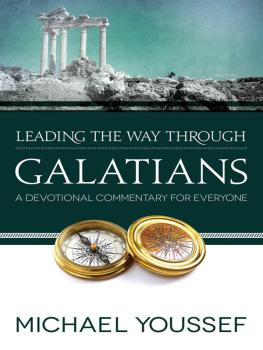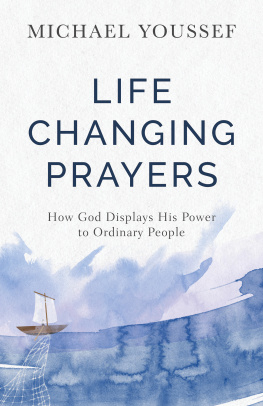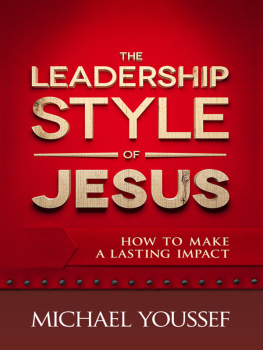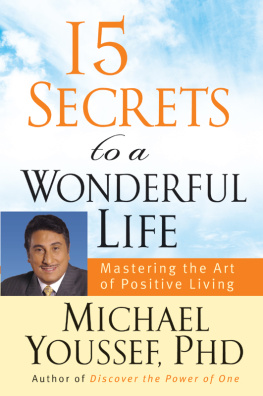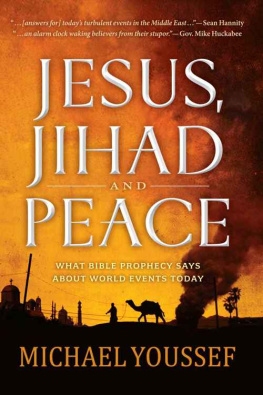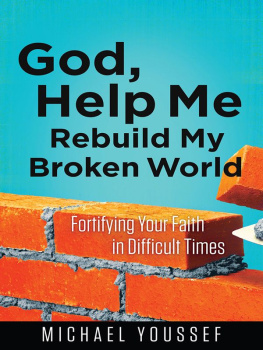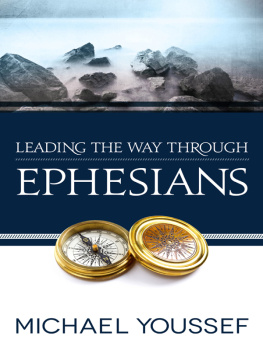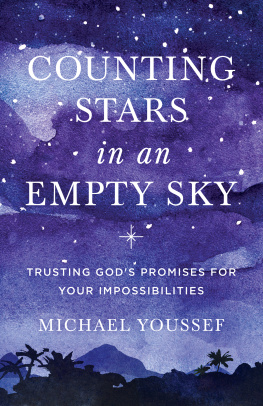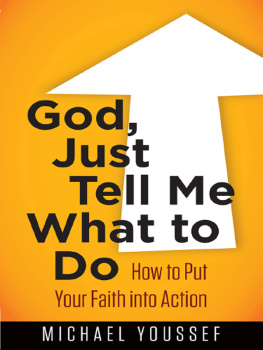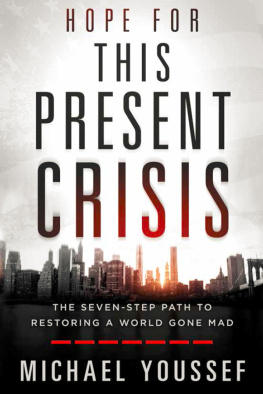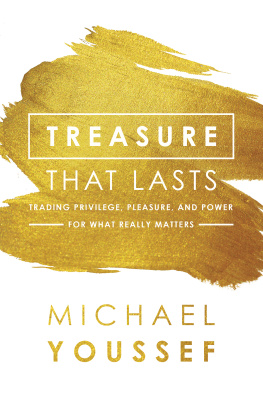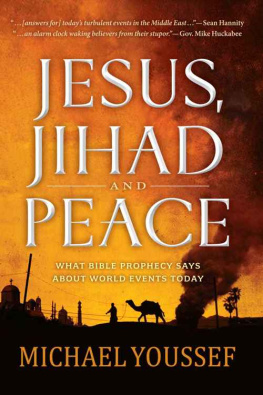Michael Youssef - Saving Christianity?
Here you can read online Michael Youssef - Saving Christianity? full text of the book (entire story) in english for free. Download pdf and epub, get meaning, cover and reviews about this ebook. year: 2020, publisher: Tyndale House Publishers, Inc., genre: Religion. Description of the work, (preface) as well as reviews are available. Best literature library LitArk.com created for fans of good reading and offers a wide selection of genres:
Romance novel
Science fiction
Adventure
Detective
Science
History
Home and family
Prose
Art
Politics
Computer
Non-fiction
Religion
Business
Children
Humor
Choose a favorite category and find really read worthwhile books. Enjoy immersion in the world of imagination, feel the emotions of the characters or learn something new for yourself, make an fascinating discovery.

- Book:Saving Christianity?
- Author:
- Publisher:Tyndale House Publishers, Inc.
- Genre:
- Year:2020
- Rating:4 / 5
- Favourites:Add to favourites
- Your mark:
- 80
- 1
- 2
- 3
- 4
- 5
Saving Christianity?: summary, description and annotation
We offer to read an annotation, description, summary or preface (depends on what the author of the book "Saving Christianity?" wrote himself). If you haven't found the necessary information about the book — write in the comments, we will try to find it.
Saving Christianity? — read online for free the complete book (whole text) full work
Below is the text of the book, divided by pages. System saving the place of the last page read, allows you to conveniently read the book "Saving Christianity?" online for free, without having to search again every time where you left off. Put a bookmark, and you can go to the page where you finished reading at any time.
Font size:
Interval:
Bookmark:
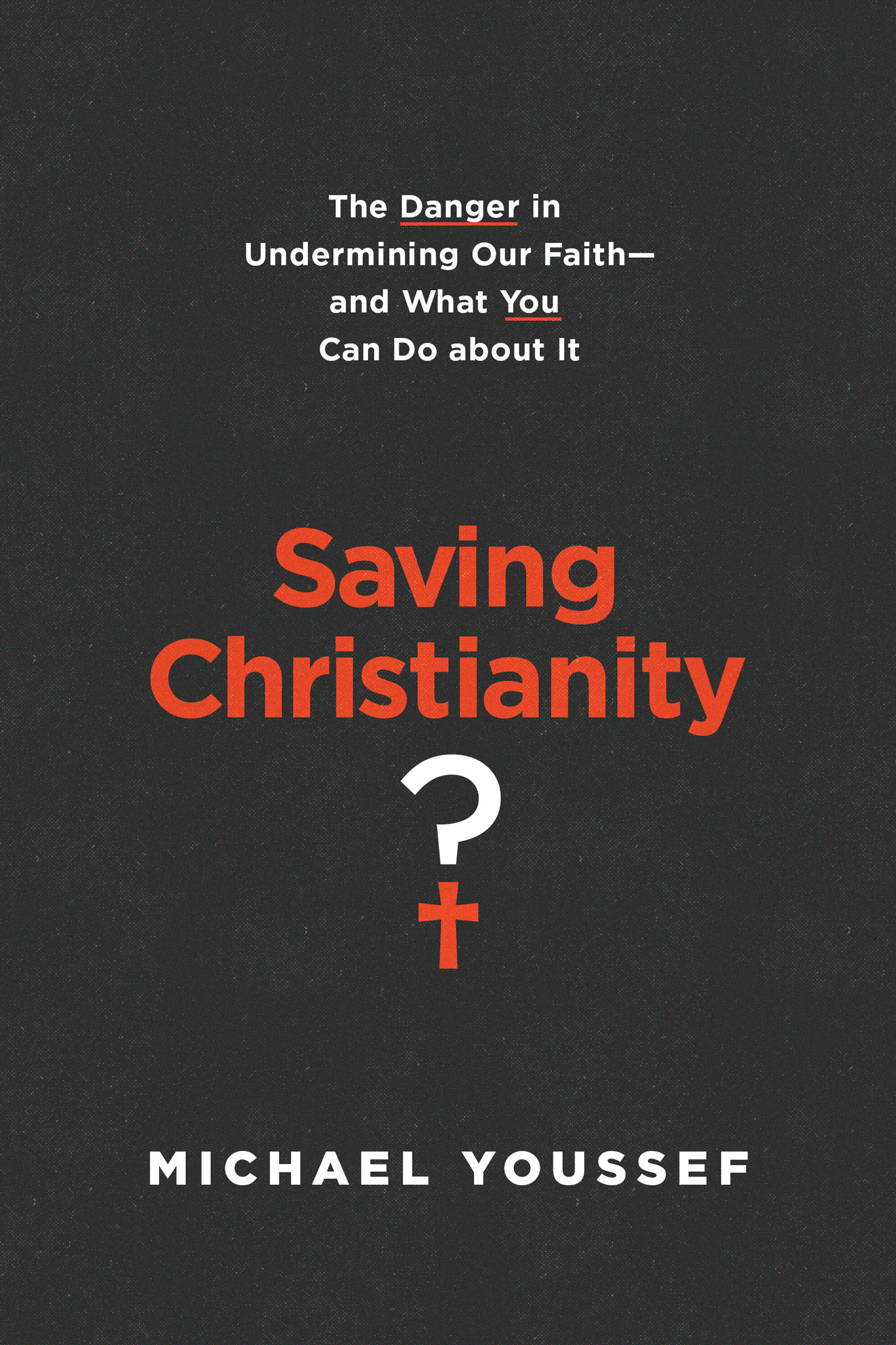

Visit Tyndale online at www.tyndale.com.
Visit Tyndale Momentum online at www.tyndalemomentum.com.
TYNDALE, Tyndales quill logo, Tyndale Momentum, and the Tyndale Momentum logo are registered trademarks of Tyndale House Publishers. Tyndale Momentum is the nonfiction imprint of Tyndale House Publishers, Carol Stream, Illinois.
Saving Christianity?: The Danger in Undermining Our Faithand What You Can Do about It
Copyright 2020 by Michael Youssef. All rights reserved.
Designed by Jennifer Phelps
Published in association with Don Gates of the literary agency The Gates Group; www.the-gates-group.com.
All Scripture quotations, unless otherwise indicated, are taken from the Holy Bible, New International Version, NIV. Copyright 1973, 1978, 1984, 2011 by Biblica, Inc. Used by permission. All rights reserved worldwide.
Scripture quotations marked NLT are taken from the Holy Bible, New Living Translation, copyright 1996, 2004, 2015 by Tyndale House Foundation. Used by permission of Tyndale House Publishers, Carol Stream, Illinois 60188. All rights reserved.
For information about special discounts for bulk purchases, please contact Tyndale House Publishers at , or call 1-800-323-9400.
Names: Youssef, Michael, author.
Title: Saving Christianity? : the danger in undermining our faith - and what you can do about it / Dr. Michael Youssef.
Description: Carol Stream, Illinois : Tyndale House Publishers, 2020. | Includes bibliographical references.
Identifiers: LCCN 2019045140 (print) | LCCN 2019045141 (ebook) | ISBN 9781496441690 (trade paperback) | ISBN 9781496441706 (kindle edition) | ISBN 9781496441713 (epub) | ISBN 9781496441720 (epub)
Subjects: LCSH: ChristianityEssence, genius, nature. | ChristianityForecasting.
Classification: LCC BT60 .Y68 2020 (print) | LCC BT60 (ebook) | DDC 230dc23
LC record available at https://lccn.loc.gov/2019045140
LC ebook record available at https://lccn.loc.gov/2019045141
Build: 2021-04-21 22:35:25 EPUB 3.0
A friendlets call him Jackrecently told me a story that broke my heart. Im sure it breaks the heart of Jesus, as well.
My wife found Christ and was baptized in a nondenominational community church, Jack told me. She grew up there, and she and I were married in that church by the pastor who founded it. The pastor was a godly man who preached the gospel. He taught the entire Bible, from Genesis to Revelation, as the inspired Word of God.
I remember sitting in his office with my bride-to-be for our premarital counseling. The most important thing he wanted to know about me was this: Was Jesus my Lord and Savior? Was I a genuine, Bible-believing Christian? Would the Bible have absolute authority over my conduct as a husband and as a Christian?
Years went by, and that godly minister passed away. The church board called a new minister.
When the new pastor arrived, he said all the right things and professed to be an evangelical Christian. But over time, his message changed. He told the congregation he was evolving in his faith. He stopped calling the Bible the Word of God, and began calling it the book about God or the book that contains Gods message. If you asked him whether the Bible is inspired by God, hed say, Parts of the Bible are so relevant and life-changing that youd have to call them inspired by God. If you asked him whether people needed a Savior, hed tell you, Some people need God, others dont. God isnt offended by those who dont need him. He once called himself an agnostic who loves Jesus.
Obviously, this man was not an evangelical Christian. He didnt preach the gospel of salvation by grace through faith in Jesus Christthe gospel on which the church was founded. As it became clear that this pastor had fallen away from orthodox, biblical faith, some board members tried to oppose him, but others supported him.
Hundreds of people who had faithfully attended and supported the church began leaving in disillusionment. Over a few years, the church dwindled from a membership of around nine hundred to less than one hundred.
With so few donors, the congregation could no longer afford to maintain the buildings of that once-thriving church. The pastor and the board sold the church site to a secular business. Today, the tiny congregation still exists under its original name, but without a permanent location. The people meet in various places, wherever they can find a meeting place. Sometimes they meet in a city park or in a senior living center. Of course, theres nothing wrong with a church holding services out in the community, especially as a form of evangelistic outreach. But thats not what this church is doing. It was forced to sell off the physical legacy of its evangelical past because it no longer preaches the gospel of Jesus Christ.
The original name of that church still exists as words on a website. But the church where my wife and I were married is dead. I looked at the website recently, and its filled with clichs and slogans: We are a progressive Christian community. Love wins. Theres more faith in searching than in certainty, in questions than in answers. Were about having a conversation, not indoctrination.
This idea they call progressive Christianity has already killed one church. Like a cancer, its metastasizing and trying to kill all of orthodox, evangelical Christianity. The people in the church where my wife and I were married didnt see it coming. They were blindsided. People need to be warned. They need to know how dangerous these ideas are.
We live in times of spiritual and moral confusion. So-called progressive Christianity is infiltrating and seducing the evangelical churchand it is killing the church while claiming it is saving Christianity. A few years ago, the cover of Newsweeks Easter issue blared in red letters, The Decline and Fall of Christian America. In 2015, the Daily Beast website asked, Does Christianity Have a Future? As our culture wobbles wildly on its spiritual axis, many are asking whether Christianity can survive in the twenty-first century. Some are asking whether we need to reinvent Christianity in order to save it.
My friend, I have written this book to declare to you that people need saving, our society needs saving, our nation needs saving, and our world needs savingbut Christianity does not need to be saved.
In the pages that follow, I will show you, candidly and clearly, with abundant evidence, that the only harm that can ever come to the gospel or to the church of Jesus Christ comes from those who are trying to save Christianity by reinventing it and distorting it beyond recognition.
From the first century to the twenty-first century, the greatest threat to Christianity has never come from the outsidefrom persecution, atheism, the godless culture, or opposing religions. In fact, external attacks have historically strengthened and purified the church.
The greatest threats to the church have always been internal. The greatest threats have come from those who claim to be Christians, who are leaders in the church, but whose teachings and doctrines are at odds with Gods Word. Satan is working overtime to destroy the church from within. Its always an inside job. Many once-evangelical churches are now filled with the unsaved, the uncommitted, and the unconverted. As the church goes, so goes society.
Font size:
Interval:
Bookmark:
Similar books «Saving Christianity?»
Look at similar books to Saving Christianity?. We have selected literature similar in name and meaning in the hope of providing readers with more options to find new, interesting, not yet read works.
Discussion, reviews of the book Saving Christianity? and just readers' own opinions. Leave your comments, write what you think about the work, its meaning or the main characters. Specify what exactly you liked and what you didn't like, and why you think so.

